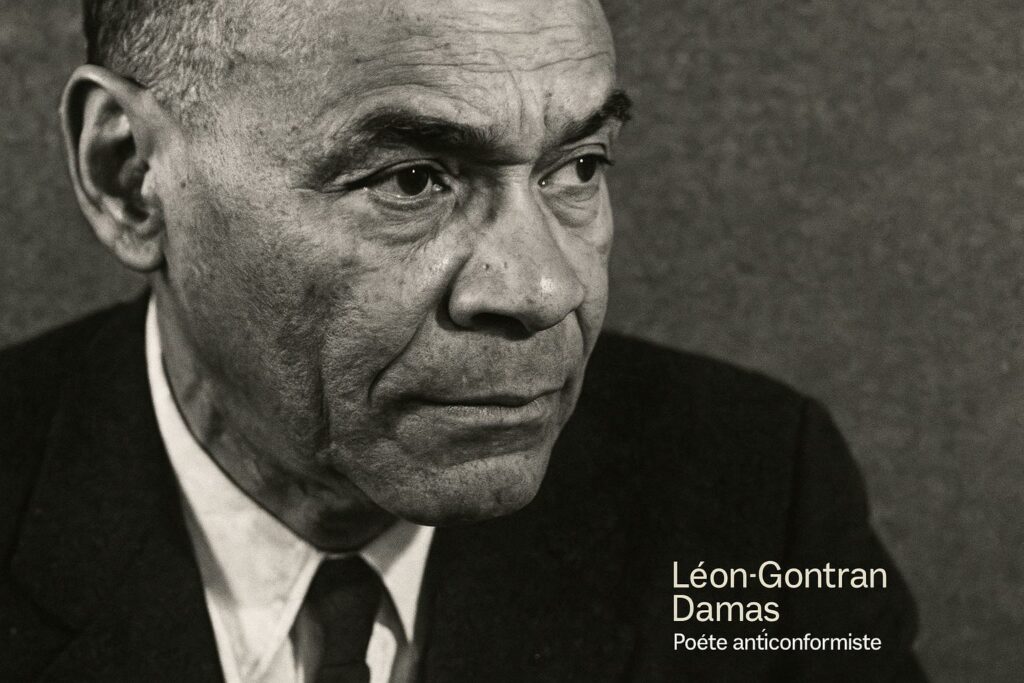A Literary Beacon: Damas and the Négritude Movement
When Black-Label first appeared in 1956, Léon-Gontran Damas—already recognised alongside Aimé Césaire and Léopold Sédar Senghor as a co-founder of Négritude—delivered a poetic manifesto whose cadence, irony and anger dismantled the polite hierarchies of colonial letters. By layering Creole inflections over metropolitan French, he defied the linguistic purism that had relegated Caribbean and African experiences to the margins. More than six decades later, the collection remains a touchstone for writers interrogating race, class and belonging.
From Page to Stage: Anatomy of the “Black-Label” Workshop
Between 22 and 25 September, the Institut français du Congo in Brazzaville will transform this canonical text into a living laboratory. The institution’s call for applications stipulates neither tuition fee nor restrictive selection criteria: seasoned poets, students, slam artists and the merely curious stand on equal footing. Over four intensive days, participants will dissect passages that expose racialised violence, draft personal responses and mould those drafts into stage-ready performances.
Cultivating Voices in Brazzaville’s Creative Ecosystem
The Congolese capital boasts a vibrant spoken-word scene that pulses through cafés on Avenue de la Paix and open-mic nights in Poto-Poto. By anchoring its workshop in Damas’ uncompromising diction, the IFC amplifies local tendencies toward orality while offering a structured pedagogical frame. Many attendees view the event as an incubator: poems conceived during the sessions often circulate on social media, find their way into print zines, or ignite collaborations with musicians and visual artists.
Diplomacy through Culture: The IFC Mandate
Beyond nurturing individual talent, the workshop exemplifies France’s broader strategy of cultural diplomacy in Central Africa. The IFC network emphasises reciprocal exchange rather than unilateral dissemination; staff stress that the programme’s facilitators draw as much inspiration from Congolese idioms and rhythms as they impart technique. Such parity aligns with the spirit of Négritude itself, which insisted on the dignity of every cultural expression.
Sustaining the Momentum: What Participants Can Expect
Registrants should prepare for morning seminars devoted to textual analysis, afternoon rehearsals under theatrical lighting and evening showcases that blur the line between classroom and cabaret. Alumni from prior IFC initiatives attest that the pedagogical intensity is matched by collegial solidarity: manuscripts circulate over coffee, impromptu translations sprout in the courtyard, and shy novices often leave the final showcase with a notebook full of applause-tested stanzas. The promise, organisers note, is not merely to recite Damas but to extend his lineage—each voice adding a fresh timbre to a chorus begun in 1956.

